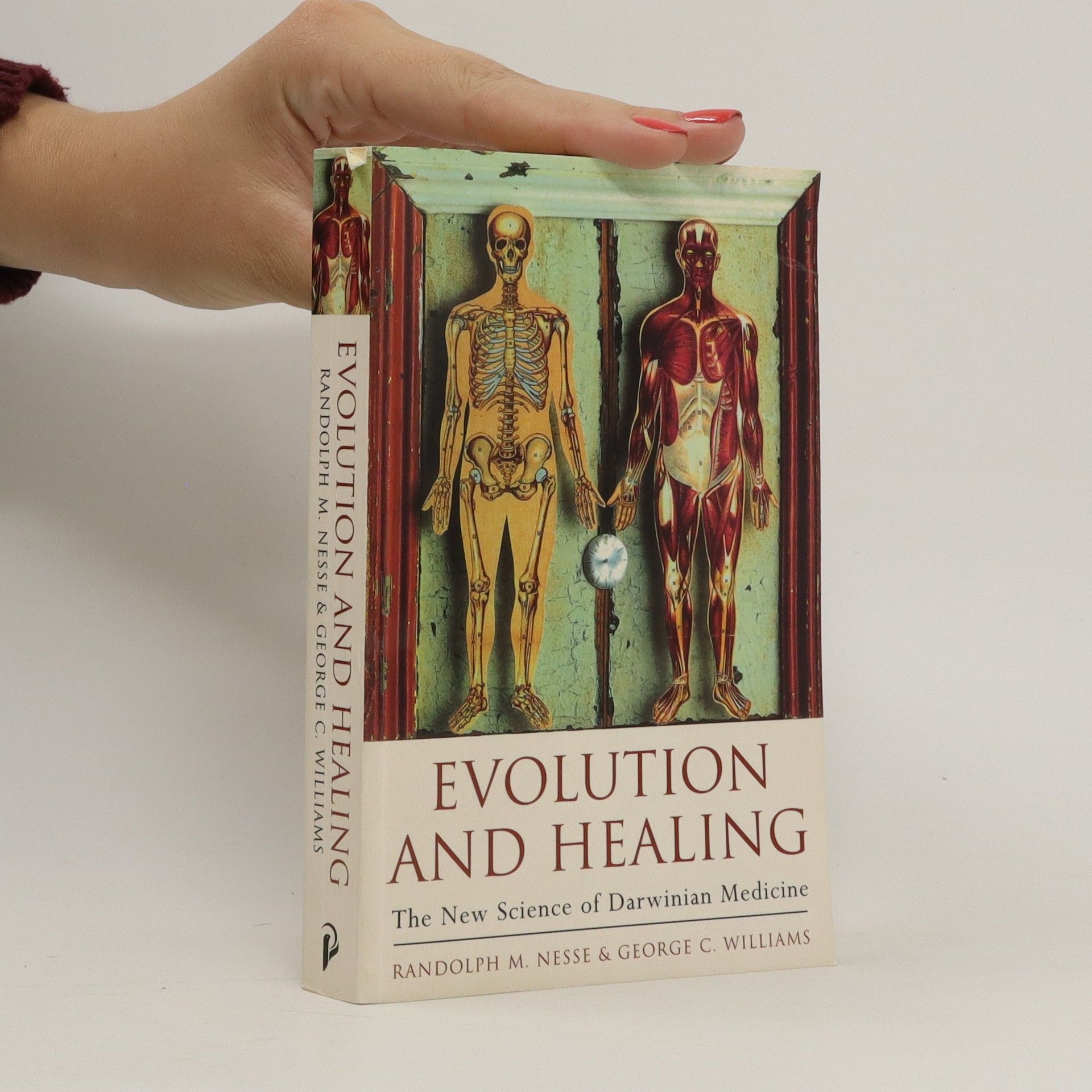The first ever description of how evolutionary principles can be applied to questions of health and sickness.
Randolph M. Nesse Boeken






Good Reasons for Bad Feelings
- 384bladzijden
- 14 uur lezen
With his classic book Why We Get Sick, Randolph Nesse established the field of evolutionary medicine. Now he returns with a book that transforms our understanding of mental disorders by exploring a fundamentally new question. Instead of asking why certain people suffer from mental illness, Nesse asks why natural selection has left us all with fragile minds. Drawing on revealing stories from his own clinical practice and insights from evolutionary biology, Nesse shows how negative emotions are useful in certain situations, yet can become excessive. Anxiety protects us from harm in the face of danger, but false alarms are inevitable. Low mood prevents us from wasting effort in pursuit of unreachable goals, but it often escalates into pathological depression. Taken together, these insights and many more help to explain the pervasiveness of human suffering, and show us new paths for relieving it. Good Reasons for Bad Feelings will fascinate anyone who wonders how our minds can be so powerful, yet so fragile, and how love and goodness came to exist in organisms shaped to maximize Darwinian fitness.
Хорошие плохие чувства
- 592bladzijden
- 21 uur lezen
„Múdre, prístupné a pre čitateľa veľmi príťažlivé skúmanie problému, ktorý sa dotýka podstaty ľudskej existencie“ ROBERT SAPOLSKY, AUTOR KNIHY BEHAVE „Nový prístup k duševnej poruche. Kniha Randolpha Nesseho mnohé osvetluje. Tvrdí, že stavy úzkosti a depresie majú jasný evolučný zmysel... Táto zaujímavá kniha obracia niektoré starodávne otázky o ľudskej existencii zhora nadol.“ TIM ADAMS, OBSERVER „Dobré dôvody pre evolučnú perspektívu pri psychickej chorobe...vynikajúce a aktuálne.“ FRANK TALLIS, EVENING STANDARD „Jasne ukazuje ako je evolúcia dôležitá pre psychiatriu. Tento prístup môže iste zmeniť tvár medicíny.“ ROBIN DUNBAR, autor knihy HUMAN EVOLUTION „Dôležité a fascinujúce...Ako Dobré dôvody na zlé pocity ukazujú, mnohé jadrové dysfunkčné súčasti duševného ochorenia nám pôvodne pomáhali stať sa ľuďmi.“ ADRIAN WOOLFSON, NATURE
Gute Gründe für schlechte Gefühle
Evolutionäre Psychiatrie – ein neuer Blick auf negative Stimmungen und psychische Beschwerden